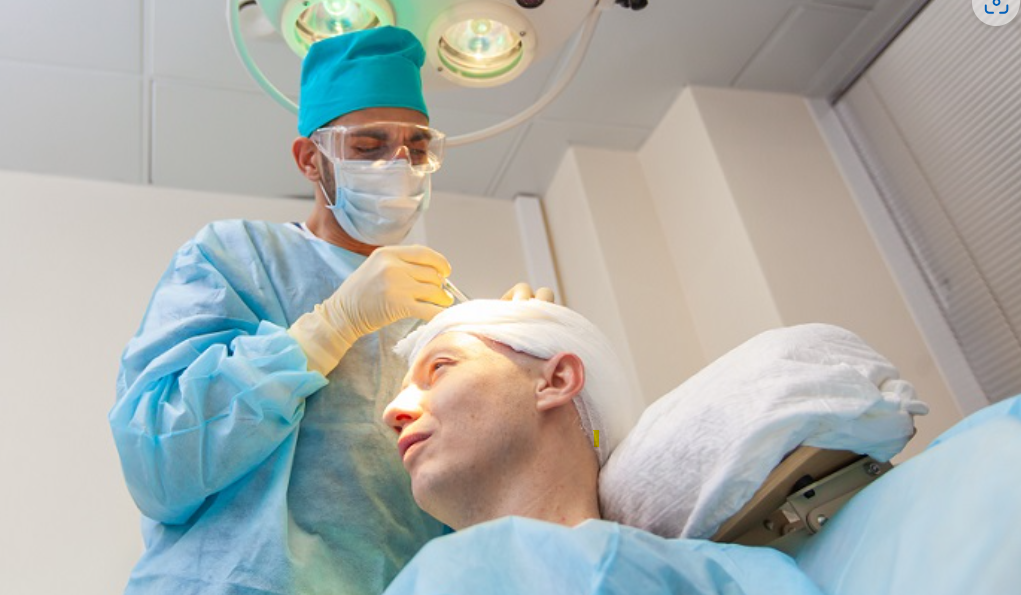Turkey’s Health Tourism Faces Downturn Amid Rising Costs. Rising Prices, Declining Customers: The Alarming Trend in Health Tourism.

In recent years, Turkey has pinned its hopes on health tourism, notably in procedures such as hair transplants, Botox, and cosmetic surgeries. However, the sector now faces significant challenges as the country loses its competitive price advantage.
TURKEY LOSING GROUND TO SPAIN
Previously, a person from Germany could cover the cost of a round-trip ticket to Turkey and get a hair transplant done. Now, the same individual can afford the same procedure in Spain. Skilled professionals in Turkey are also beginning to prefer working abroad.

The impact of the February 6 earthquakes, exorbitant price hikes in Turkey, and the Israel-Palestine conflict are expected to shrink health tourism revenues by at least 15% this year, down to approximately $3.5 billion.
While Turkey used to welcome around 2 million health tourists annually, this number is projected to decline significantly.
According to Cumhuriyet Newspaper, industry experts report that hair transplant centers are either shutting down or being put up for sale. There is also a considerable amount of unregulated, substandard services in the sector. A hair transplant procedure that typically costs $2,500 to $3,000 in a reputable clinic or hospital can be done for around $1,000 in underground establishments.

Dr. Servet Terziler, President of the Turkish Health Tourism Association (TÜSATDER), points out that health and anesthesia technicians, nurses, and healthcare workers are renting spaces to perform hair transplants. Terziler emphasizes that there are about 2,000 such underground businesses, while the number of institutions performing hair transplants properly with qualified doctors and specialists is fewer than 30.
“In recent years, those going to Europe for hair transplants and working unprofessionally have damaged Turkey’s reputation in this field. Unfortunately, unless we eliminate these underground operations, our image will not improve. At the beginning of 2024, we started seeing hair transplant clinics up for sale. People should focus on quality to make profits rather than volume. Clinics should invest in R&D,” Terziler said.
TURKEY BECOMES EXPENSIVE
Dr. Reşat Bahat, President of the Private Hospitals and Health Institutions Association, underscores that Turkey has lost its price advantage in health tourism. “Turkey is becoming an expensive destination in this field. Someone from Germany who wants to come to Turkey for a hair transplant can now use the same money to go to Spain. They also have to pay an additional 20% VAT on plastic surgery procedures. As a result, patients are not coming,” he explained.
Bahat also warned citizens to be cautious of substandard services, noting that if the current trend continues, there could be a dramatic decline in the number of patients.
